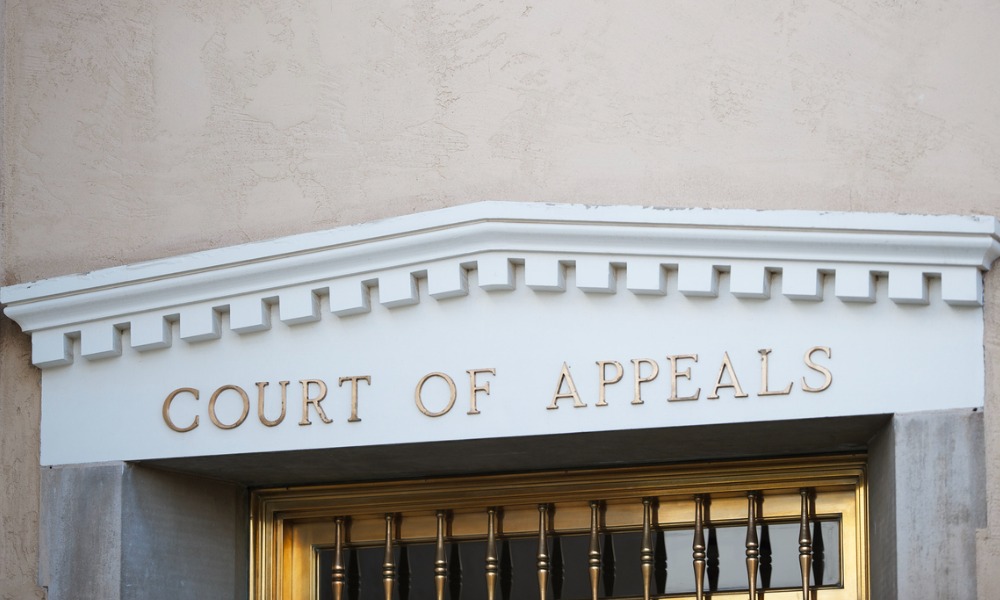An expert in employment law weighs in on the legal do's and don’ts of employee surveillance and monitoring.
With the number of employee grievance claims showing no sign of decreasing, it can be tempting to go to extreme measures in an attempt to gain proof of misconduct or liability.
But just how far can an employer go in terms of employee monitoring before they cross the line?
Blair Scotland, partner at Dundas Street Employment Lawyers, shed some light on the legalities around employee surveillance.
“An employer can set up overt video surveillance provided that it tells employees and others within the workplace, such as customers, that they are doing so,” he explained. “This requires clear signage, as well as a policy covering what the information will be used for, how long it will be kept and who will have access to it.”
He added that surveillance cannot occur in places where employees have a reasonable expectation of privacy, for example in bathrooms.
“Covert video surveillance may be permitted for certain reasons,” Scotland continued. “The most common example is where an employer is facing a series of thefts; covert surveillance is permitted where disclosing the fact of the surveillance would render the exercise pointless.
“Again an employer would be required to have safeguards in place regarding the usage, access and destruction of the information, and must cease the covert surveillance once its purpose has been met.”
Scotland also explained that it is unlawful to conduct audio surveillance of a conversation to which you are not a party to, and therefore audio surveillance is unlikely to be permitted.
Another form of surveillance, which is becoming more commonplace due to the rise of technologies which make it accessible, is GPS tracking.
“GPS tracking is becoming more commonplace, and again is permissible in the employment context,” Scotland told HRM. “Again, for general ongoing surveillance an employer is required to tell employees that this is happening, and have a policy in place covering details such as what the information will be used for, how long it will be kept and who will have access to it.
“Covert GPS surveillance may be permissible, but again only in situations where telling the employee of the surveillance would render the exercise pointless – for example in cases of fraud allegations.”
But just how far can an employer go in terms of employee monitoring before they cross the line?
Blair Scotland, partner at Dundas Street Employment Lawyers, shed some light on the legalities around employee surveillance.
“An employer can set up overt video surveillance provided that it tells employees and others within the workplace, such as customers, that they are doing so,” he explained. “This requires clear signage, as well as a policy covering what the information will be used for, how long it will be kept and who will have access to it.”
He added that surveillance cannot occur in places where employees have a reasonable expectation of privacy, for example in bathrooms.
“Covert video surveillance may be permitted for certain reasons,” Scotland continued. “The most common example is where an employer is facing a series of thefts; covert surveillance is permitted where disclosing the fact of the surveillance would render the exercise pointless.
“Again an employer would be required to have safeguards in place regarding the usage, access and destruction of the information, and must cease the covert surveillance once its purpose has been met.”
Scotland also explained that it is unlawful to conduct audio surveillance of a conversation to which you are not a party to, and therefore audio surveillance is unlikely to be permitted.
Another form of surveillance, which is becoming more commonplace due to the rise of technologies which make it accessible, is GPS tracking.
“GPS tracking is becoming more commonplace, and again is permissible in the employment context,” Scotland told HRM. “Again, for general ongoing surveillance an employer is required to tell employees that this is happening, and have a policy in place covering details such as what the information will be used for, how long it will be kept and who will have access to it.
“Covert GPS surveillance may be permissible, but again only in situations where telling the employee of the surveillance would render the exercise pointless – for example in cases of fraud allegations.”





